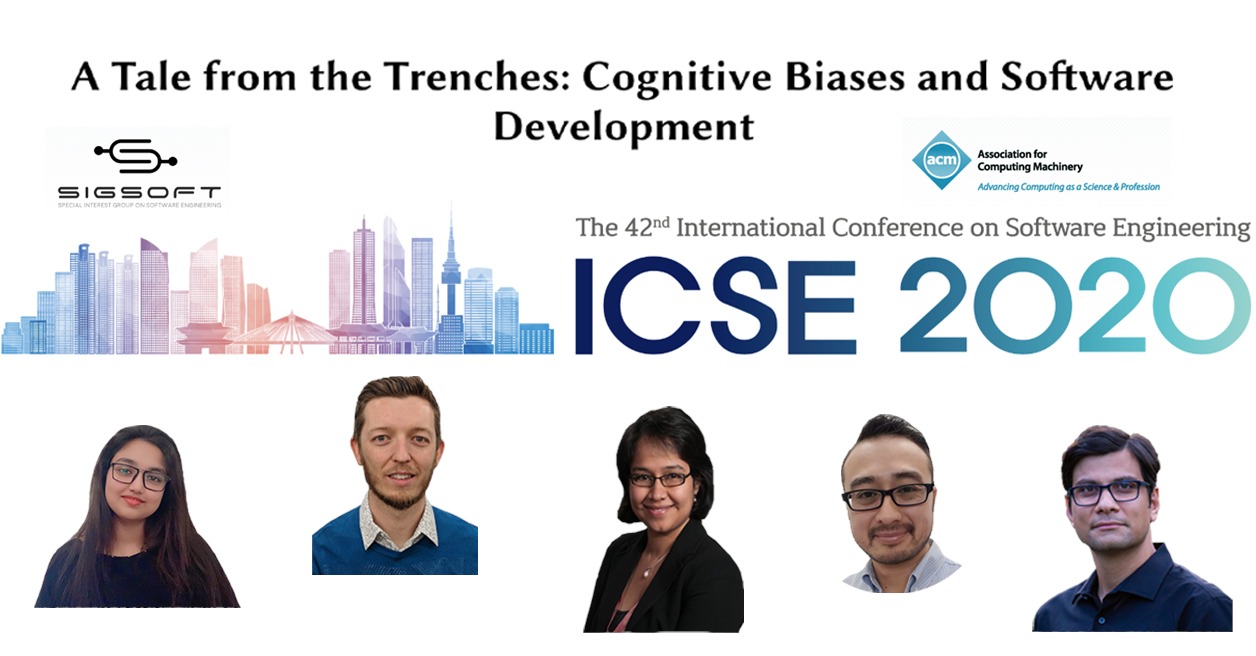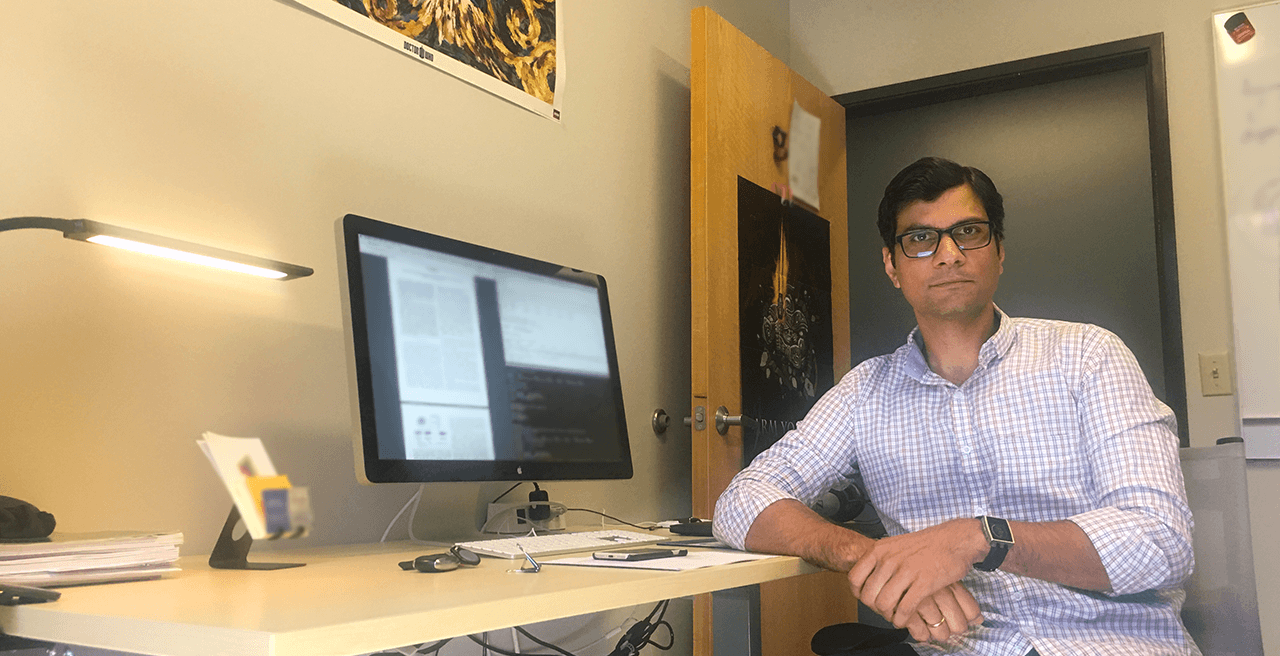Researchers earn distinguished paper award with Phase Change help
A team of Oregon State University scientists partnered with Phase Change Research Scientist Rahul Pandita to study how cognitive biases affect software developers’ everyday behavior. The resulting academic paper, “A Tale from the Trenches: Cognitive Biases and Software Development,” was recently recognized by ICSE 2020 as an ACM SIGSOFT Distinguished Paper. According to OpenResearch.org and […]

